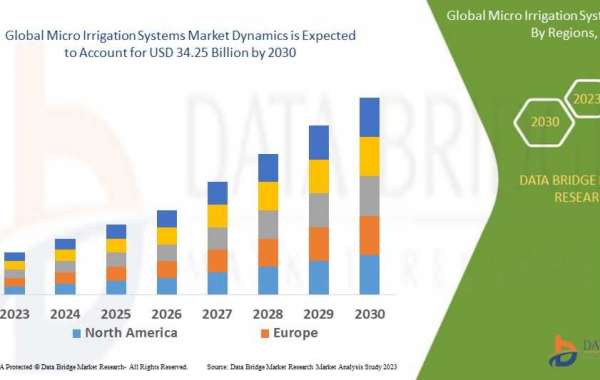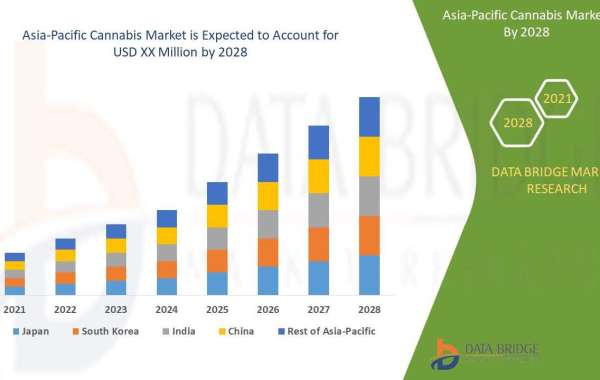Schedule of Pediatric Vaccines
The schedule of recommended vaccines for children from birth to 18 years is determined by the Centers for Disease Control and Prevention (CDC). They recommend children get vaccinated according to the following schedule:
- Birth: Hepatitis B
- 2 months: DTaP (diphtheria, tetanus, pertussis), Rotavirus, Hib (haemophilus influenzae type b), PCV (pneumococcal), Polio.
- 4 months: Same as 2 months.
- 6 months: DTaP, Rotavirus, Hib, PCV, Polio.
- 12-15 months: MMR (measles, mumps, rubella), Varicella (chickenpox), PCV, Hib, Polio.
- 4-6 years: DTaP, MMR, Varicella.
- 11-12 years: Tdap (tetanus, diphtheria, pertussis), MCV4 (meningococcal), HPV (human papillomavirus).
- 16 years: MCV4, HPV.
This schedule helps ensure children's bodies have time to build immunity between doses while also receiving protection at the ages when they are most vulnerable to disease. Sticking closely to the recommended intervals is important for achieving optimal disease protection.
Herd Immunity and its Role in Public Health
Pediatric Vaccines not only protect individuals who receive them but also benefit the community through herd immunity. Herd immunity occurs when a large portion of a community is vaccinated, making the spread of a contagious disease unlikely. Even those who cannot be vaccinated, such as newborns or immunocompromised individuals, receive protection because the disease has little opportunity to spread within the community.
For a disease like measles, experts estimate that about 95% of the population needs to be vaccinated to achieve herd immunity. When vaccination rates fall below this level, measles outbreaks can occur even in communities with overall high vaccination rates. The 2015 Disneyland measles outbreak highlighted the risk of undervaccinated areas threatening herd immunity. Ensuring communities have adequate vaccination coverage continues to be important for protecting public health.
Pediatric Vaccine: Addressing Vaccine Safety Concerns
While vaccines are among the greatest public health achievements, some parents remain concerned about possible risks. However, extensive research has consistently shown vaccines to be very safe. Potential severe side effects are exceedingly rare. For example, a fever over 102°F occurs in around 1 out of every 16 children after the MMR vaccine on average but does not usually require medical attention.
The most controversial vaccine myth centers around the MMR vaccine and autism. Numerous large, rigorous studies have found no association between the MMR vaccine and autism. The original 1998 study connecting the two was retracted after it was discovered to be based on fraudulent research. Leading medical organizations agree that vaccines play no role in the development of autism. The benefits of preventing measles, mumps and rubella far outweigh any hypothetical autism risk.
Get More Insights on- Pediatric Vaccines
For Deeper Insights, Find the Report in the Language that You want:










